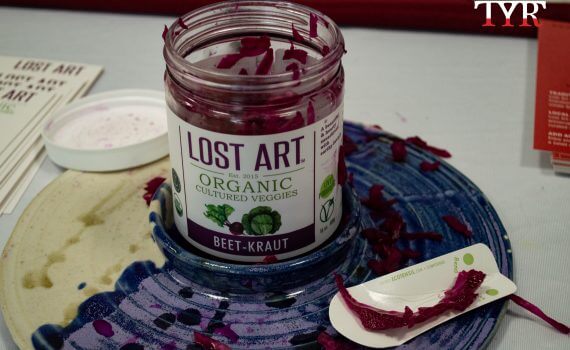Health & Environment

Coronavirus: Hong Kong's DSE candidate faces an uphill battle with the risk of examinations delays
- 2020-02-19
- Health & Environment
- The Young Reporter
- By: ShukmanSoEdited by: Cassie Zhang
- 2020-02-19
"This year's HKDSE examination is like a disaster," says Lam Ka-Yi, a 2020 HKDSE candidate. On February 13, the Education Bureau announced the classes of all schools remained suspended before March 16, and on the same day, the Hong Kong Examinations and Assessment Authority announced the schedule of the 2020 HKDSE still yet confirmed. The Hong Kong Examinations and Assessment Authority and the Education Bureau will decide the HKDSE schedule in late February. Based on the latest development of infections caused by the coronavirus in the community, they will decide whether the written examinations can be conducted from 27 March as scheduled, or will be postponed to 24 April. However, Ms Lam says she's worried that the decision made on a detailed HKDSE schedule will be too late. "I'm just hoping the government can confirm an exact date and plan on DSE examinations as soon as possible, as my study plan is now laying behind what I expected because of all the uncertainty on the exam schedule," says Ms Lam. The portion of Chinese- language speaking examination of the DSE examination scheduled for March 11 to 19 and English-language speaking and written exams conducted between March 27 and May 15 now might be delayed up to four weeks. The HKEAA also announced there is a portion that the written exams postponed with the cancellation of the Chinese- and English-speaking exams Facing the situation that the Chinese and English- language skills examination might be canceled, Ms. Lam thinks the arrangement is vague and disturbs candidates’ confidence dealing with the upcoming exams as the results might be affected once the speaking tests are canceled. "As a 2020 HKDSE candidate, I feel the urgency to practice my oral skills and do mock paper exercise in this remaining month. However, I'm disappointed that …

Coronavirus is changing Hong Kong residents' daily routine
- 2020-02-19
- Health & Environment
- The Young Reporter
- By: SamuelMoEdited by: Carol Yuan
- 2020-02-19
Coronavirus is spreading in Hong Kong. Since the Lunar New Year, local residents have been searching for surgical masks, hand sanitizers and disinfectant. Three weeks after the lunar new year, the supply of face masks is still under the demand. The Hong Kong government tried to purchase surgical masks from other parts of the world but they still cannot provide a stable supply of masks. Some Hong Kong residents are panicking about the lack of face masks and spending hours queuing up for a box of masks. Some organisations distribute free face masks to elderlies in communities. The situation on valentine’s day is still the same.

The Southern District council members in Ap Lei Chau are selling masks to the needy
- 2020-02-19
- Health & Environment
- The Young Reporter
- By: Moon LamEdited by: Eurus Yiu
- 2020-02-19
All the shops on Ap Lei Chau main street are still open as normal even though one of the residents nearby has been confirmed to have the coronavirus. People are walking around, buying groceries and eating in the restaurants as usual. However, some people are so worried about the shortages of daily necessities like masks and toilet paper who have emptied in the supermarkets. Chan Ping-yeung, a councilor of Ap Lei Chau North, started selling masks online with other council members last week. He thinks that people are more willing to help their neighbors during the epidemic. "Both restaurants and local residents have been donating bleach, hand sanitizers and masks for free to those who are in need," says Chan. "I didn't get the masks, because I have sufficient masks. So, I want to share it with others," Lam Chin-hei, 21, says. The first coronavirus case has been confirmed on February 9, 2020. Chan agrees that there are sufficient masks for the elderly in Ap Lei Chau, which six out of the eight elderly houses can get adequate prevention supplies. However, Chan feels disappointed that the communication with the government has been difficult. "The government prioritizes the political issues. They rejected all my suggestions just because I am not from the pro-establishment camp. They argue for nothing instead of really dealing with the virus. It made me very angry," explains Chan. As the office of the Home Affairs Bureau has been closed for two weeks, the district council was forced to hold a meeting outside the tennis court. Although the district council has approved five hundred thousand dollars funding to buy more epidemic prevention supplies, the councilor of Ap Lei Chau North says that the administrative process of claiming the money has been frustratingly slow.







